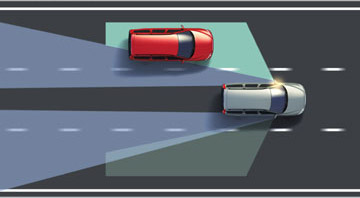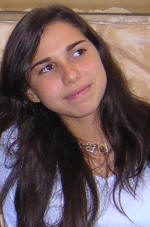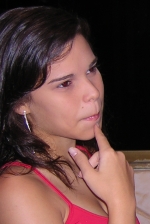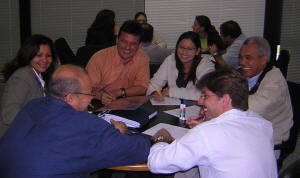 the heat of the moment which you later regretted?
the heat of the moment which you later regretted?
How about reacting to what somebody said or did which later surprised even you?
These types of reactions can be regarded as blind spots in our ability to think. We can liken these blind spots to the blind spots which we cannot see as we drive an automobile. Traveling the highway of life without properly inspecting our blind spots is reckless driving and should be punished to the full extent of the law! Perhaps a bit drastic, nevertheless valuable as we consider our emotions and reactions to certain stimuli.
Is it necessary to always look to the blind spot before changing lanes in a car? Of course not; we can change lanes without incident by carefully checking our rear view mirrors perhaps 90% of the time. The problem is the other 10% which can result in tragedy when we don’t see the blind spots.
Dr. Bob Smith develops a model with specific tools to discover and eliminate our blind spots in his book Discover Your Blind Spots.
Dr. Smith describes six different areas of our brain which process information. Three determine how we see the world and the other three specify how we see ourselves. In addition, he explains the following four ways we utilize to process information:
 Reacting: Use of one dominant area of thought which is driven by impulse and designed to protect us from danger.
Reacting: Use of one dominant area of thought which is driven by impulse and designed to protect us from danger.
Responding: Use of two or three areas of thought and triggered after we have had a moment to process different elements of a situation.
Reflecting: Ability to utilize four or five areas of thought, which we achieve when we are focused on solving problems.
Relating: Capacity to utilize all six areas of thought, which we attain when we relate with other individuals while in deep thought, searching for alternatives and solutions.
Eighty to ninety per cent of our time is spent in Reaction and Response where we utilize a small portion of our brain. Fortunately, these thought processes are frequently sufficient to achieve our objectives. At the same time, there are other situations which cannot be solved effectively because our blind spots hinder our ability to utilize every part of our brain. In short, we React and/or Respond inadequately. When we make a decision without seeing these blind spots we often make poor decisions.
 To be more efficient and effective in our lives it is imperative we become aware of blind spots and how they affect our thought process. By taking time to Reflect deeply and Relate with others in search of solutions, we can discover our blind spots and diminish their devastating effect while determining our destiny and direction.
To be more efficient and effective in our lives it is imperative we become aware of blind spots and how they affect our thought process. By taking time to Reflect deeply and Relate with others in search of solutions, we can discover our blind spots and diminish their devastating effect while determining our destiny and direction.
It’s the Bounce that Counts!
∞ Rob McBride ∞
LL I 34

